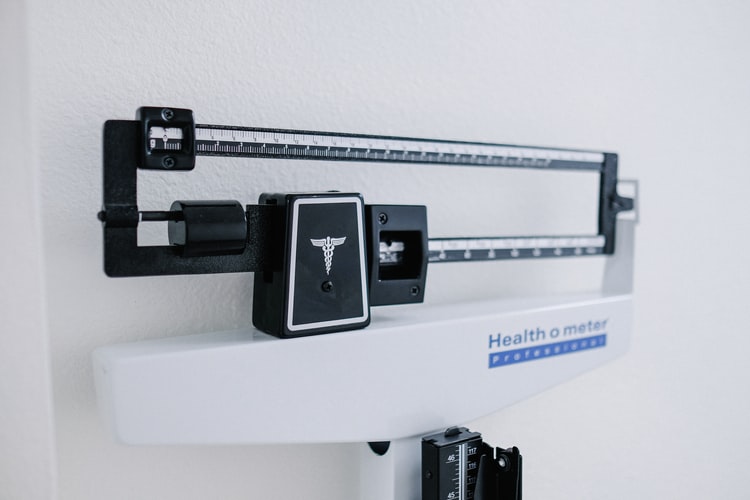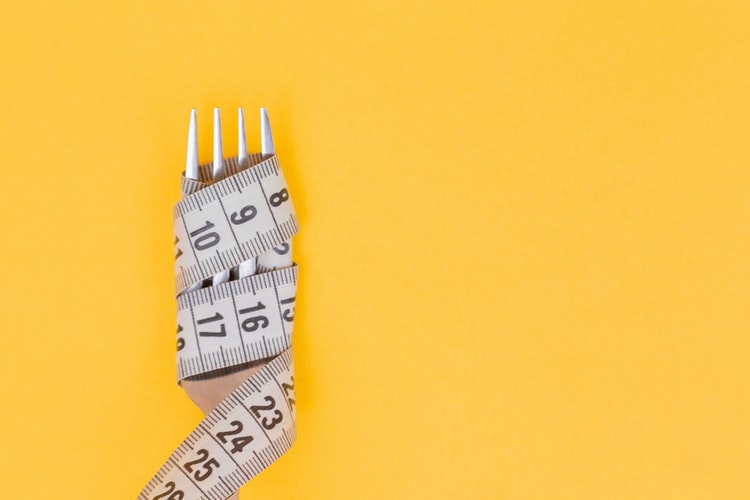One survey has returned the results that around half of Americans are trying to lose weight. This isn’t to say that half of the US population is heavily overweight, but it does point to many people taking a keen interest in their weight and body fat levels.
There are many options for measuring BMI and body fat today, with calipers, handheld machines, and smart scales available. Some of these devices can help you to understand your BMI, and others go far deeper and measure a number of health metrics.
However, are these devices accurate, or could you accidentally, or intentionally, trick them into giving false readings?
What is BMI and what is the difference with body fat percentage?
According to the Centers for Disease Control and Prevention, if someone had a BMI reading of 18.5 to 24.9 then they would be considered healthy. Of course, this doesn’t measure other metrics and doesn’t take into account any other health problems.
BMI stands for Body Mass Index, and this is calculated by measuring a person’s height and weight, to give a rough idea of how much fat is being carried as a percentage.
Body Fat Percentage, or BFP, refers to the total mass of fat, which is then divided by the total body mass. This is a more complex calculation than BMI.
Can you trick a BMI machine?
To understand how someone might fool a BMI machine, it is partly necessary to understand how they work.
A BMI machine works by sending an electrical signal through the body. BMI is worked out by measuring the time it takes to get from one side to the other. This signal may travel from hand to leg, hand to hand, or leg to leg.
As the signal travels through the body it will go through water, fat, muscle, and bone. It cuts through the water faster than muscle and bone. The signal travels at its slowest when moving through fat. This is how you can trick a BMI machine.
Drink water to fool a BMI machine
The electrical signal moves most slowly when hitting fat. If that fat area is represented as a percentage, then the less you have as part of your body, the lower your BMI will be.
Drinking more water will fool the machine into believing you have a lower BMI score. Conversely, if you dehydrate yourself, it will see the fat reserves as a higher percentage. Just as you would stay away from certain foods to be healthy, you should stay away from too much water if you want a proper BMI result.
Medical conditions, menstruation, and even skin temperature can also affect results.
Can BMI machines help you to lose weight?
Handheld machines are perhaps not the best way to get your BMI results. Machines that bring back the best results run from leg to leg, so a smart scale would be a better option.
A BMI smart scale can offer a more accurate way to measure your fat percentage and help you to set fitness targets. The smart scale from FitTrack for instance, lets you measure 17 different health metrics including BFP, BMI, bone content, and basic metabolism. They are said to be as accurate as a DEXA scan.
Understanding metabolism and fitness levels are also important when looking to lose weight and body fat. Exercise and diet are key to achieving these goals.
Best ways to improve BMI
Getting an accurate BMI test is important to see where you are before you set off towards your goals. Do not dehydrate yourself, and do not drink an excessive amount of fluids before you use your BMI scales. This way you will get accurate, and consistent scores each time.
Smart scales can also measure metabolism and exercise, and the right foods can help improve this area. This is one reason why fitness is important for weight loss. Metabolism helps to burn calories and fat. Therefore, improving your general fitness will lead to weight loss.
When it comes to exercise try to concentrate on activities that burn fat and do not build muscle. Jogging will help more than high octane sprinting. Half an hour of cardio every day will help you to start reducing your BMI.
Proper diet is also important. According to Healthline, there are plenty of foods that can help you to burn fat. These include fatty fish with plenty of Omega 3, and green tea, which can help remove belly fat.
Summary
BMI machines can indeed be tricked, but it is unlikely anyone would want to do this intentionally if they were serious about fat reduction. However, by drinking too much, or too little fluids, you could do it by accident.
If you do decide to improve your BMI scores and reduce body fat, then using smart scales, combined with a healthy diet, and a fitness routine is a good way to achieve your mission.
Read Also:

























